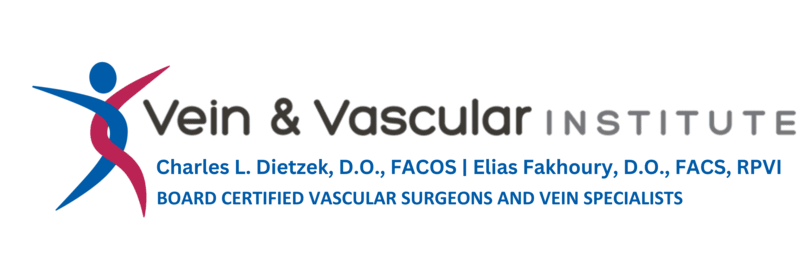Table of Contents
ToggleAbout Venous Doppler
Venous Doppler is a type of vein testing procedure that evaluates blood as it flows through a blood vessel. The test can evaluate blood flow in the major arteries of your body and in the veins in your neck, abdomen, arms and legs.
Venous Doppler captures images of your veins and arteries as blood flows through them. These images help your vein doctor locate blockages to blood flow in your arteries or veins, determine if your blood vessels are narrow or to find malformations or tumors that may be restricting blood flow.
Vein Doctor Describes the Venous Doppler Vein Testing Technique
Vein specialists can perform this vein testing procedure in an outpatient setting. If your doctor wants to examine the veins in your abdomen, you may need to abstain from food and drinks except for water for six to eight hours before the test. Otherwise, there is no special preparation for this type of vein testing, although you should follow any specific instructions given to you by the vein care clinic. Leave your jewelry at home and wear loose-fitting clothing. You may need to wear a gown.
You will lie comfortably on your back for the procedure. The medical professional will apply gel to the test area then rub a handheld transducer firmly against your skin, moving it back and forth over the area of interest. The transducer directs high-frequency ultrasound waves at the blood vessels, which reflect the sound waves back at frequencies that correspond with the speed at which the blood is flowing through your blood vessels. The venous Doppler machine converts these sound waves into graphic images.
The machine will capture several images of your blood vessels in action. You may even hear pulse-like sounds that change in pitch as the venous Doppler monitors and measures your blood vessels.
The procedure is painless, although you may feel pressure as the healthcare professional moves the transducer on your skin. There are no known risks associated with this test. You can get up and walk around immediately afterwards and resume normal activities immediately after your appointment. You may have to wait a few minutes after the procedure, however, as the radiologist views the results.
A vein doctor might order a venous Doppler to determine the cause of varicose veins. A vascular surgeon may rely on the results of this test to create a treatment plan for diseased veins or identify blood clots, narrowed vessels, tumors or other abnormalities affecting your veins. The most common use for venous Doppler is to look for blood clots, according to the Radiological Society of North America.
Venous Doppler is a safe and effective type of vein testing. Contact your board certified vascular surgeon and vein specialist about venous Doppler today.
